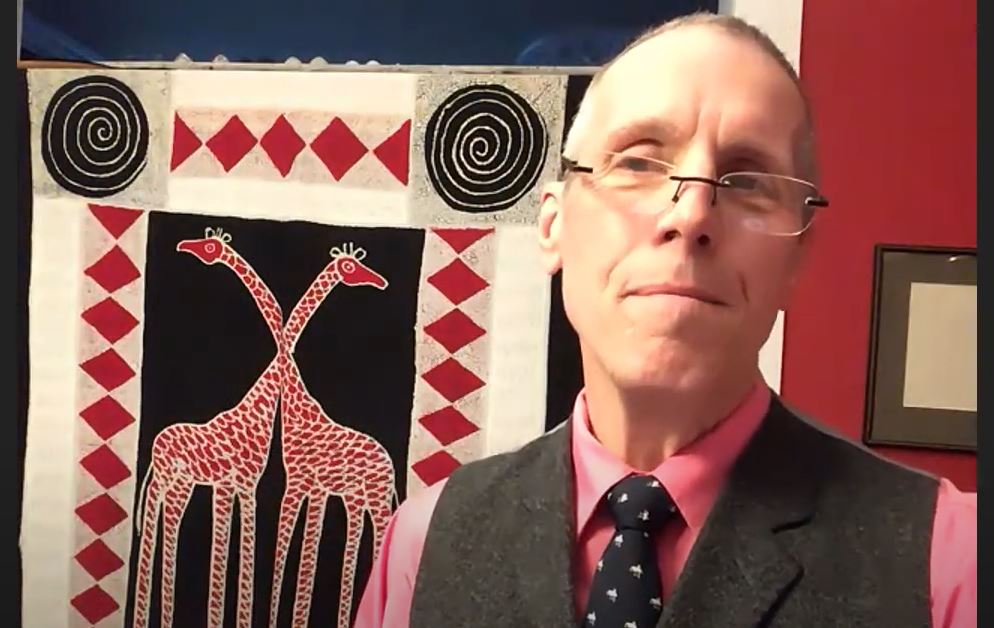In the Meantime,

Happenings Mar 30, 2022 – from AZ
Back in Arizona and appreciating spring. Up north, as many of you remember from your years prior to AZ, spring is fleeting. Or rather, winter hangs on as long as possible. The day I got back to MI it was 60, but every day after that was below freezing most of the day, and some days were down into the teens. This is not actually unusual, but it is still discouraging. We want signs that things are getting better, be it spring in Michigan, gas prices in Arizona, or politics in the nation.
Wanting a sign is universal. Way back in the book of psalms there is this plaintive cry: “How long, Adonai? Will you forget me forever? How long will you hide your face from me? How long must I wrestle with my thoughts and every day have sorrow in my heart?” A more humorous take comes from Jewish folklore where the hangdog man of many struggles stands in the synagogue and prays “I know you will provide, but could you provide just a little more now?”
What helps me in such times – helps not solves – is perspective. Every winter in Michigan is like this. I learned the real four seasons of Michigan when I moved in: almost winter, winter, still winter, road construction. I remember the gas crisis of 1973 when prices shot up and supplies dried up. I know that bogeyman politics have been around since Federalists warned that the atheist Jefferson would be an American Robespierre.
That brings me to the coincidence of Good Friday, Passover and Ramadan this year. (That it is also Tax Day is just an accidental added irony.) All three sacred days involve fasting, which is unpleasant and hard. But the reasons they do without food are different. Christians fast on Good Friday because of the death of Jesus. Passover tells the story of bondage and Jews remember that suffering by eating no leavened bread. But both stories end in unexpected triumph – resurrection and liberation. Muslims fast all day but feast all night, reminding them of human physical limits and human spiritual freedom.
Fasting, doing without, is in each case an expression of hope not despair. That sounds paradoxical for people who only associate abundance with hope, but one lesson I have learned is that paradoxes are where we are most likely to find insight that challenges what we think is settled.
Maybe, there is more good possible now than we realize. As Lincoln hoped at Gettysburg, that there would be “a new birth of freedom” after the war. That’s no guarantee, I know, nor a justification for evil. But more than once we have been, as C. S. Lewis put, “Surprised by Joy.” That’s worth remembering and hoping. -FW
